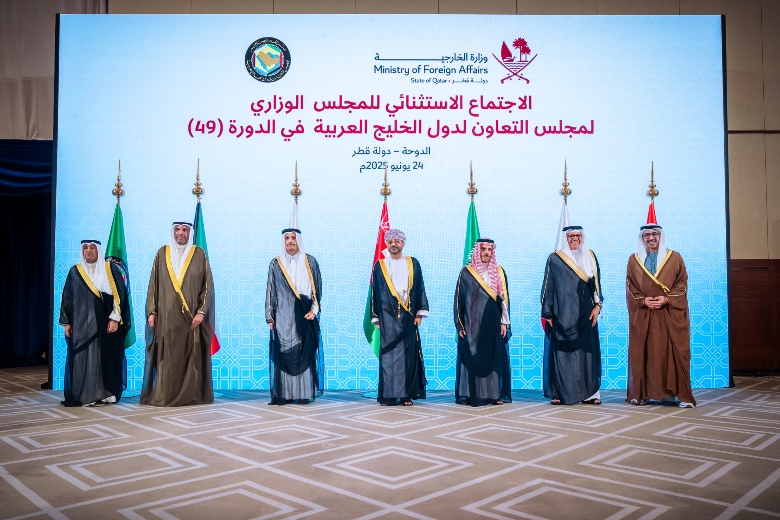Recent Issues
The Weekly Circuit
June 6, 2022
👋 Good Monday morning in the Middle East!
Record IPO: Investors this week will be watching Borouge after the petrochemical plastics maker carried out Abu Dhabi’s biggest-ever IPO and surged more than 20 percent on its first day of trading....








